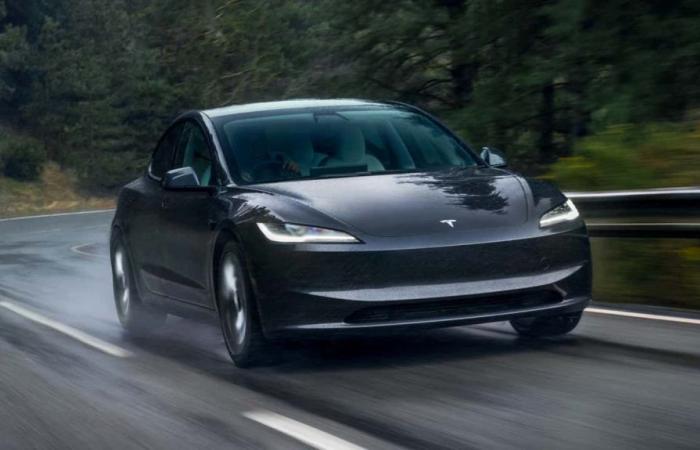Electric car news
With the imminent application of new customs duties, scheduled for July 4, 2024, the European automobile industry is busy around the potential for price increases for several models of electric cars popular Chinese models, notably the Tesla Model 3. Europe, arguing the need to restore competitive balance in the face of massive Chinese subsidies, plans to apply significant taxes which should upset more than one manufacturer.
Direct impact of customs duties on prices and the actors concerned
Starting this summer, customs duties increased up to 38% will be added to the 10% already existing for producers of electric vehicles injected into the European market from China. Industry giants like Tesla, MG, BYD and Dacia find themselves facing a financial dilemma: absorb this increase at the risk of reducing their margins or pass it on to retail prices.
The Tesla Model 3, produced in China, perfectly symbolizes this impasse. Unlike the Model Y manufactured in Berlin, the Model 3 intended for the European market will inevitably suffer an increase in cost from July. Indeed, although Tesla can generally enjoy a separate status, notably due to the fact that the brand has not benefited from any subsidy from the Chinese government, an increase in customs duties will apply whatever anyone says. . However, it will probably be lower than 100% Chinese brands.
So, we know that there will be an increase, but what will its magnitude be? A question still without a precise answer, although one can imagine an increase of around 5 to 10% in prices.
China counterattacks by aiming for a renegotiation of the terms
China does not intend to sit idly by. Indeed, by attempting to renegotiate with the European Commission, the nation hopes either for a delay or the total cancellation of these customs duties temporary. Technical discussions are planned in Brussels, with hopes of changing the timetable or modalities before the conclusion of final negotiations, scheduled for November 2024. However, experts, such as Maximilian Butek of the German Chamber of Commerce in China, remain skeptical to a favorable outcome before the July 4 deadline, in particular because of tense electoral contexts and tight timing.
Faced with this situation, China is preparing a a certain number of retaliatory measures which could include tariff increases on other goods, including internal combustion cars and even some commodities like pork and milk. The famous German sedans could thus see a new customs duty of 25% applied, which would also impact the European economy.
Consequences to be expected on the European electric vehicle market
The entry into force of taxes could not only influence prices, but also shake up manufacturers’ strategies. If prices of Chinese electric cars are soaring, consumers could turn to local alternatives or other less taxed regions. This forced market reshuffling could ultimately benefit European producers or those based in countries with more favorable trade deals with Europe.
In the long term, this dynamic could also accelerate investment in local production chains and the search for strategic partnerships within the EU, thus strengthening the autonomy of the European manufacturing industry. electric vehicles.
The reaction of consumers and other markets
It is imperative to closely monitor the reaction of European consumers to the potential price increase and perceive how this could affect the market penetration rates of electric vehicles ecological european. Some might delay their transition to electric, while others might look for more affordable alternatives or turn to the second-hand market. Additionally, it could generate momentum toward technological innovations aimed at reducing battery costs, the centerpiece of automotive electrification research.
This whole situation represents a perfect case of economic geopolitics where trade policy reform decisions must be carefully weighed for their long-term effects on the auto industry, the overall economy, and the accessibility to clean technologies for consumers. The coming months will undoubtedly be crucial in determining the future alignment of forces in the global electric vehicle market.
Written by Albert Lecoq
Specialist in electric car buying guides, I am passionate about new technologies and am a strong supporter of the adoption of electric technology and sustainable mobility.
React to the article






